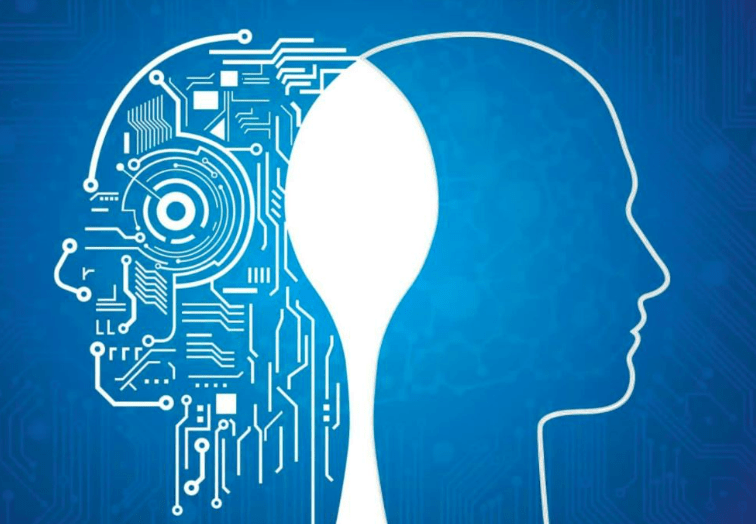The Crucial Role of Ethics in AI and Generative AI
Surely, this is not new topic for most people, who are following AI.
Also, needless to mention that this would be the most complex topic in evolutionary journey of AI as well as Generative AI, which has more elements of visual graphics touching more ethical parameters.
Let’s dive a little deeper !
Ethics and Regulation would define next phase of AI, which is its very beginning phase of evolution.
In the ever-evolving landscape of artificial intelligence, generative AI has emerged as a transformative force, creating new possibilities in content creation, language processing, and beyond. As we witness the remarkable capabilities of AI models like GPT-3,GPT-4, Gemini ( from Google ), it becomes imperative to address the ethical considerations that accompany this technological frontier. The ethical implications of generative AI go beyond its technical prowess, touching upon issues including but not limited to :–
- Bias
- Accountability
- Accuracy of factual data
- Privacy
- Permission of Data for training
- Revenue sharing with data sources
- Responsible use of AI tools
In this blog post, we explore the importance of ethics in generative AI and why it is crucial for shaping a responsible and equitable future.
Creativity, Acknowledging Responsibility
Generative AI, with its ability to generate human-like text, images, and more, holds immense potential for creative applications. From aiding content creation to automating repetitive tasks, the possibilities are vast. However, with great power comes great responsibility. The creative outputs of generative AI can shape opinions, influence culture, and impact society at large. Thus, it is essential for developers, researchers, and organizations to approach this technology with a strong ethical framework.
Addressing Bias and Fairness
One of the primary ethical challenges in generative AI lies in addressing bias. AI models learn from vast datasets, and if these datasets contain biases, the model is likely to perpetuate and amplify them. Recognizing and mitigating bias in generative AI is crucial to ensure fair and equitable outcomes. Developers must actively work to identify and rectify biases, fostering AI systems that reflect the diversity and values of the broader population.
Transparency and Explainability
As generative AI becomes more sophisticated, the need for transparency and explainability becomes paramount. Users and stakeholders should have insights into how AI models make decisions and generate content. This transparency not only builds trust but also allows for scrutiny and accountability. Striking a balance between the complexity of AI algorithms and the need for transparency is an ongoing challenge that requires careful consideration.
Control for Ethical Boundaries
Establishing clear ethical boundaries for the use of generative AI is essential. This involves defining the limits of what AI systems should and should not do. For instance, guidelines around generating harmful content, deepfakes, or engaging in malicious activities must be established and adhered to. Ethical considerations should also extend to the impact of generative AI on employment, privacy, and security, ensuring that its deployment aligns with societal values.
Human-AI Collaboration
Ethical AI development involves recognizing the role of humans in overseeing, guiding, and collaborating with AI systems. While AI can augment human capabilities, it should not replace human decision-making entirely. Striking the right balance between human expertise and AI capabilities ensures that ethical considerations are at the forefront of decision-making processes.
A Call to Action
the importance of ethics in generative AI cannot be overstated. As this technology continues to advance, the ethical framework surrounding its development and deployment becomes increasingly critical. It is a collective responsibility of the AI community, policymakers, and society at large to actively engage in discussions, establish ethical guidelines, and ensure that generative AI contributes positively to our shared future.
It is natural evolution and we hope that with well established ethical guideline and regulation AI will contribute positively protecting interest and benefits of all stack holder in the eco system.








